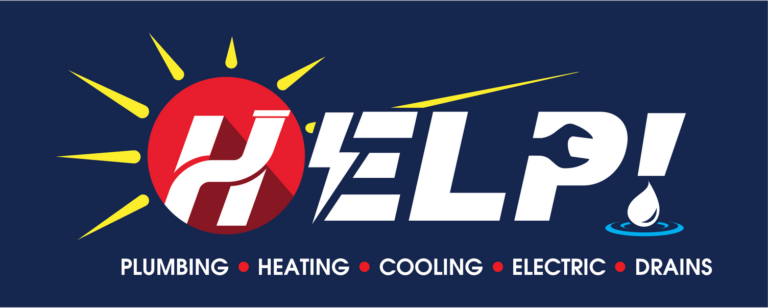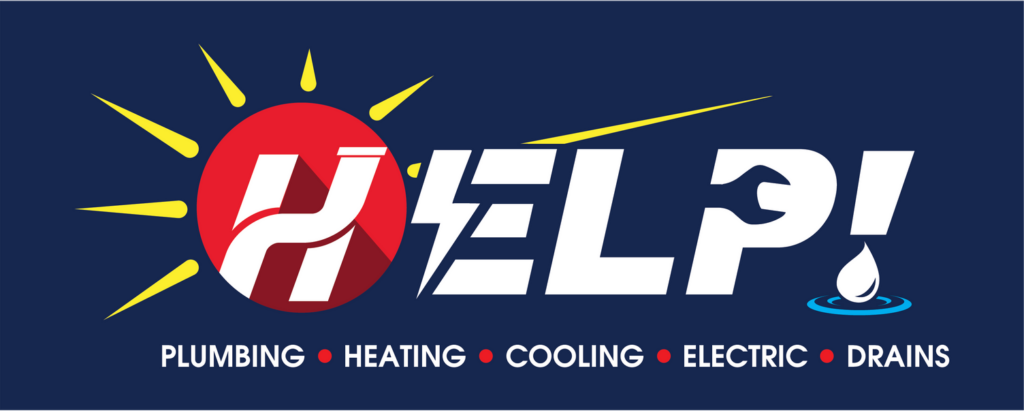Have you noticed your air conditioner turns itself on and off constantly? Chances are your air conditioner may be short-cycling, a common phenomenon that could cause your AC unit to wear itself out long before its planned replacement. Keep reading to learn about the causes of short-cycling and how to stop it, along with a few preventive tips you can use in the future.
What Is Short-Cycling?
Your air conditioner uses refrigerant to absorb latent heat found in indoor air and transport that heat outdoors. The compressor plays a major role in the air conditioning process by compressing and circulating the refrigerant through the condenser and other parts of the AC system. This entire process, or “cooling cycle,” occurs while the compressor is turned on.
On a moderately hot day, most air conditioning systems will undergo three cooling cycles per hour, each lasting approximately 10 minutes. This means the compressor will run for 10 minutes, stop for 10 minutes, and repeat the cycle two more times during a single hour.
Short-cycling happens when the cooling cycle becomes much shorter than the usual 10 minutes, causing the compressor to turn on and off more often than usual. This excessive stopping and starting adds wear on the compressor while robbing your home of its cooling comfort.
What Causes Your AC To Short Cycle
Short-cycling problems can have a variety of causes. Not having enough refrigerant in your air conditioner is a common cause of short-cycling. It can also contribute to a variety of other air conditioning issues, such as ice buildup. A poorly placed thermostat can also be fooled into triggering the air conditioner at inopportune times, resulting in constant short-cycling.
Short-cycling is also the hallmark of an oversized air conditioning system. Oversized air conditioners can use their excess capacity to cool indoor spaces quickly but at the cost of short-cycling that maintains a specific temperature.
Lastly, short-cycling may be caused by the low-pressure control switch, which turns off the compressor when the amount of refrigerant in the air conditioning system falls below a specific point. As with any other component of your air conditioning system, old age can take its toll on this particular switch. If and when it fails, it can produce short-cycling symptoms that affect the rest of your air conditioning system.
How To Stop and Prevent Short-Cycling
Fortunately, there are plenty of ways you can put an end to your air conditioner’s short-cycling issues:
- Check your air filter. Believe it or not, a clogged air filter can cause a wide variety of air conditioning issues. It’s a good idea to check your air filter and change it if it’s caked with dust and debris.
- Check your thermostat placement. It is beneficial to have your thermostat installed in a central location on an inside wall of your home. Make sure your thermostat isn’t too close to the return air register, so it doesn’t get confused by the influx of cool air and produces the wrong readings.
- Check your air conditioner’s refrigerant levels. It’s a good idea to have a trained professional check the levels and, if necessary, add more refrigerant. Your HVAC professional will also track down any leaks within the air conditioning system.
- Replace the low-pressure control switch. If you are still dealing with short-cycling issues after checking all of the above, you should have your HVAC professional replace this component with a brand-new one.
- Check the compressor. A failing compressor may also exhibit short-cycling symptoms, so it’s a good idea to have your HVAC professional check and, if necessary, replace the compressor.
Regularly scheduled maintenance can help prevent most short-cycling issues. If your short-cycling problems are due to an oversized air conditioner, you should consider having it replaced with one that’s properly matched to your home’s specific air conditioning needs.
Don’t forget that the experts at HELP Plumbing, Heating, Cooling and Drains can help you tackle your short-cycling problems. Contact us whenever you have any HVAC maintenance issues that require help from a seasoned professional.


